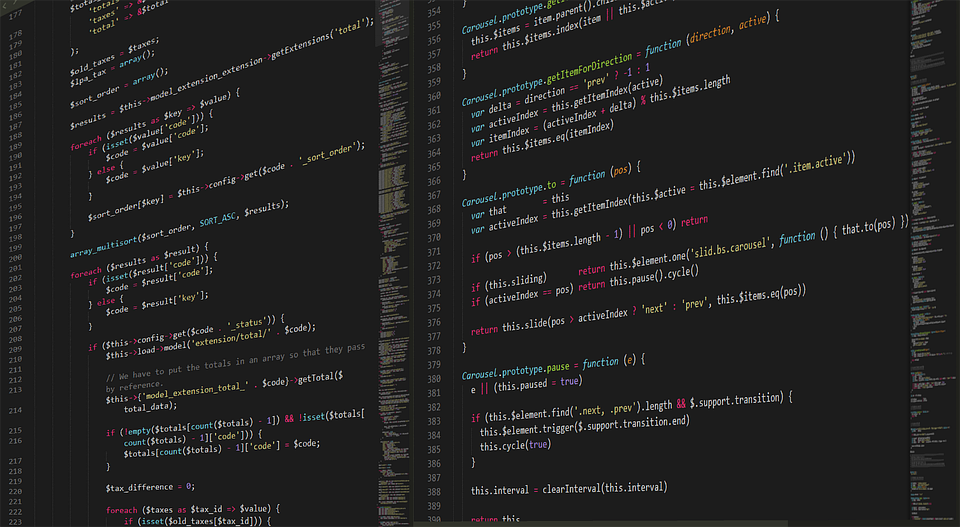In today’s digital world, coding skills open doors to endless career opportunities. Whether you are a complete novice or looking to level up your existing skills, a coding bootcamp might be the key to unlocking your coding future. In this guide, we will explore how to choose the right bootcamp for you and the best strategies for thriving during your coding journey.
Why Choose a Coding Bootcamp?
Coding bootcamps offer an intensive, immersive learning experience, often lasting a few weeks to several months. Here are some reasons why you might consider enrolling in one:
- Accelerated Learning: Bootcamps are designed to deliver a lot of information in a short amount of time, helping you to start a career in tech quickly.
- Hands-On Experience: Most bootcamps emphasize practical coding projects that simulate real-world scenarios.
- Networking Opportunities: Many bootcamps have ties to tech industry employers and can help you land interviews and jobs.
Choosing the Right Coding Bootcamp
Consider Your Goals
Begin with a clear idea of what you want to achieve. Are you interested in web development, data science, or mobile app development? Different bootcamps have varying focuses, so align your choice with your career aspirations.
Research Curriculum
Once you have honed in on your area of interest, investigate the bootcamp’s curriculum. A robust syllabus should include:
- JavaScript: Essential for web development. Learning frameworks like React or Node.js can enhance your skill set.
- HTML & CSS: The foundational languages of the web are critical for any web development role.
- Version Control: Familiarity with Git is necessary for collaboration in any coding project.
Read Reviews and Success Stories
Investigate bootcamp reviews on platforms like Course Report or SwitchUp. Testimonials and success stories from alumni can provide insight into the effectiveness of the bootcamp and its network.
Consider Learning Environment
Bootcamps can be in-person or online. Decide which format works best for your learning style. In-person sessions may offer more direct support, while online bootcamps provide flexibility.
Thriving in Your Coding Bootcamp
Stay Organized and Make a Schedule
Bootcamp schedules can be intense, so managing your time is crucial. Utilize tools like Trello or Asana to set milestones for your learning goals.
Engage with Your Community
Join forums or social media groups associated with your bootcamp. This can provide valuable support, answer questions, and enhance your learning experience by connecting with fellow students.
Work on Side Projects
Practice is essential for becoming proficient in coding. Start a personal project or contribute to open-source projects on platforms like GitHub. For instance:
// Simple JavaScript function for fetching a user's information
async function fetchUser(username) {
const response = await fetch(`https://api.github.com/users/${username}`);
const userData = await response.json();
console.log(userData);
}
fetchUser('octocat');
Seek Feedback
Regularly request feedback from instructors and peers. This will help you refine your coding skills and understand areas where you can improve.
Conclusion
Choosing the right coding bootcamp and succeeding in it requires preparation and commitment. By following this guide, you are well on your way to unlocking your coding future. Remember, the journey may be intense, but the rewards are worth it!
FAQ
1. How much does a coding bootcamp cost?
The cost can vary widely, ranging from $7,000 to $30,000 depending on the program length and prestige. Many bootcamps offer payment plans or income share agreements (ISAs).
2. Can I learn coding on my own instead of attending a bootcamp?
Absolutely! There are many free and paid resources for self-learners, such as Codecademy, freeCodeCamp, and Udemy. However, bootcamps provide structured learning and networking opportunities that can be beneficial.
3. What is the job placement rate for bootcamp graduates?
Most coding bootcamps boast job placement rates between 70-90%. However, these rates can be influenced by factors like location, commitment, and prior experience, so always check individual bootcamp statistics.


Comments are closed.